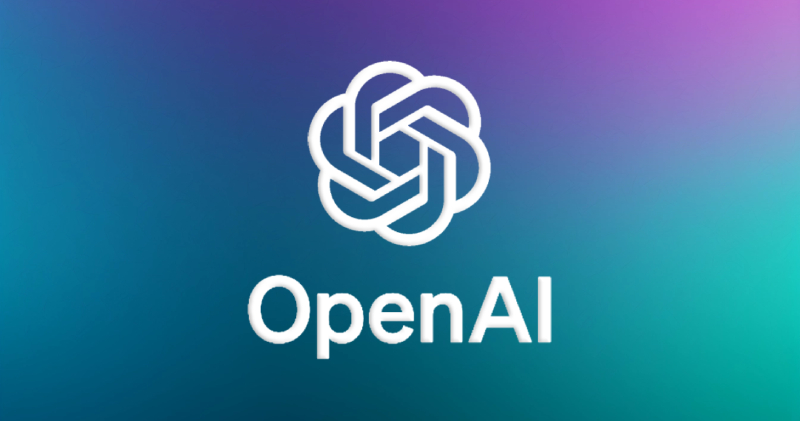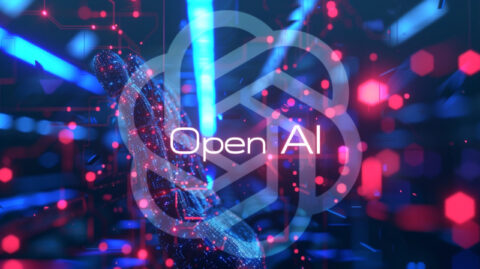OpenAI, the renowned AI research lab, has secured an agreement, announced by the Financial Times (FT), to leverage its content for training its advanced AI models. This partnership marks a significant step for OpenAI, addressing the need for high-quality and verified information to fuel its machine learning algorithms.
Previously, OpenAI faced criticism for potentially scraping content from the web without proper consent. The FT deal signifies a shift towards transparent and authorized data acquisition practices. This collaboration is expected to benefit both parties. OpenAI will gain access to a rich trove of well-researched and reliable financial news content, leading to potentially more accurate and informative AI models. The FT, on the other hand, will gain insights into how AI can be used to surface and deliver content more effectively, potentially enhancing the user experience.
The specific financial terms of the agreement haven’t been disclosed, but it follows a trend of similar partnerships OpenAI has established with other media giants like the Associated Press and Axel Springer. This focus on collaborations highlights the growing importance of ethical and responsible data acquisition practices in the development of trustworthy AI models.
Experts anticipate that incorporating FT content will enhance the capabilities of OpenAI’s AI models, particularly those related to tasks involving financial analysis, data interpretation, and generating summaries of complex topics. The deal could also lead to the development of innovative features for FT readers, potentially leveraging AI for personalized content recommendations or interactive experiences.
However, some concerns remain regarding potential biases within the FT’s content that could be inadvertently amplified by the AI models. OpenAI will need to ensure its algorithms are designed to mitigate such biases and produce objective and well-rounded outputs.
Overall, this partnership between OpenAI and the FT represents a promising development in the field of AI. It underscores the increasing value of high-quality data and responsible data practices in building robust and reliable AI models. The coming months will be crucial in observing how this collaboration unfolds and the innovative applications it brings forth.











